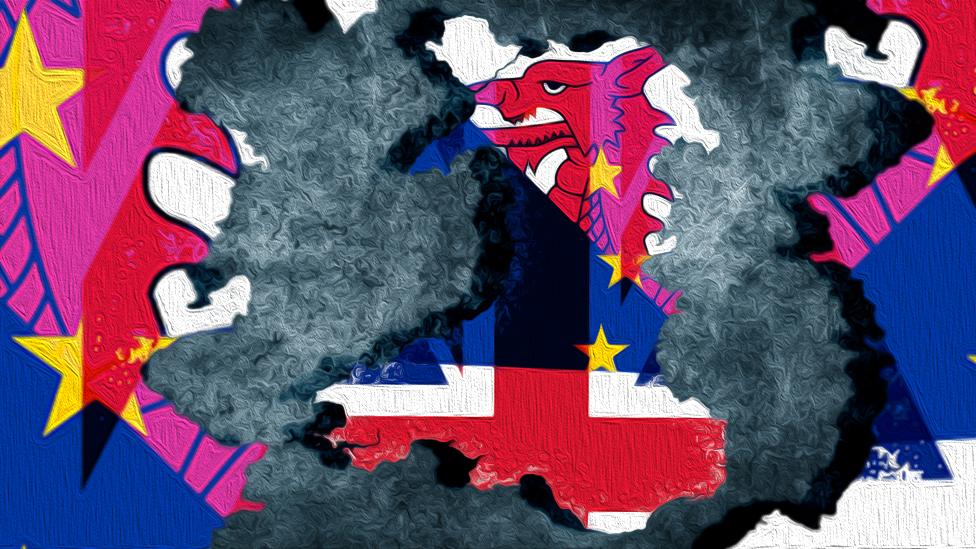Brexit six months on: Leave and Remain views from Wales
- Published
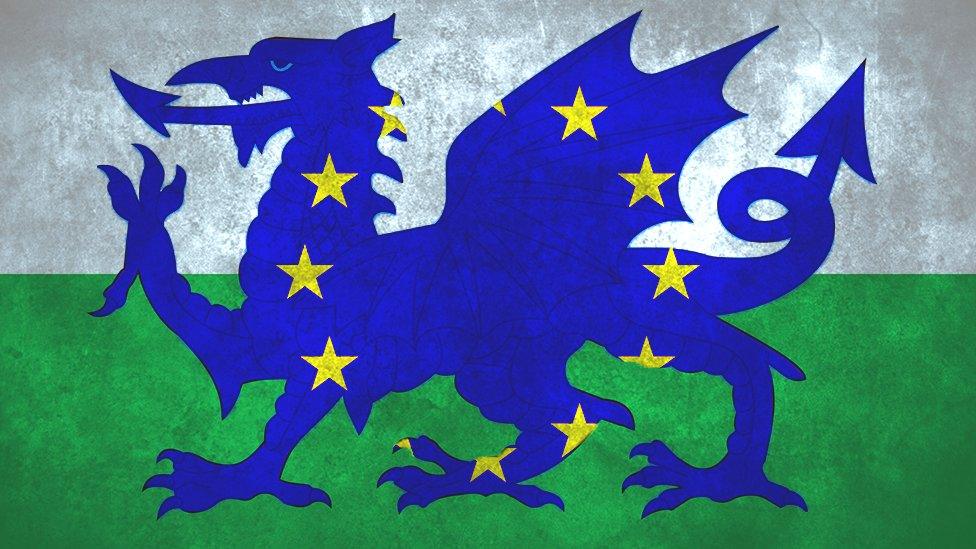
Six months after the referendum vote for the UK to leave the Europe Union, leading figures from either side of the campaign in Wales look back and give BBC Wales views of their experiences and what the future holds.

Leave - Andrew RT Davies
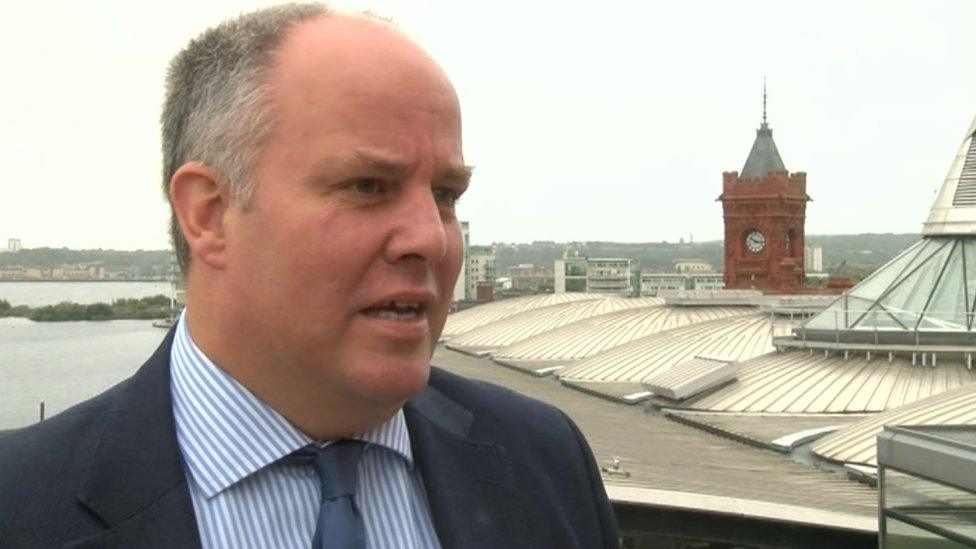
Andrew RT Davies hopes all parties will "embrace the opportunities" of Brexit
The Welsh Conservative leader said he suffered "brutal" treatment from senior party figures for backing Brexit in the EU referendum.
Andrew RT Davies said it had been a "relatively straight-forward choice" to join the Leave campaign as "the project of the European Union and integration clearly hadn't been working for some time".
But he said he was surprised at the response from some quarters of his own party.
"It was brutal," he said, accepting it was "a fair assessment" that the then Prime Minister David Cameron subsequently appeared reluctant to join him on the assembly election campaign trail.
"I'm big enough not to worry about these type of things, but ultimately you don't expect to find yourself on the opposite side of a debate with colleagues who sit within your own political party," Mr Davies said.
"I do think from a Welsh perspective we managed those tensions very well in that we didn't see some of the divisions that happened in other parts of the country.
"There's no doubt there was quite clearly a feeling within the party that did want everyone singing from the same hymn sheet given the prime minister had given that lead.
"But, frankly, sometimes in politics you've got to do what you think is right.
"For me and many other Conservatives, we did what we believed was right and we were proved and vindicated to be right in that decision."
'Determining our destiny'
Mr Davies accused pro-EU party leaders in Wales of being "out of touch" with their own supporters and in a "collective denial" about the referendum result.
"I hope and I want to believe as we go into 2017 many of the Welsh establishment will have a reality check and, instead of accepting it through gritted teeth, will embrace the opportunities that these negotiations and Brexit provides for Wales," he said.
"We should all be singing from the same hymn sheet to make sure we get the best deal possible for Britain."
Stressing the opportunities of Brexit, he added: "We'll be tailoring solutions to our own problems than those of 27 other countries, especially in fields like agriculture.
"We'll be going back to our roots as a global trading nation rather than part of a market that's declining in importance.
"And we'll be determining our own destiny - we've been paying into the European Union but not necessarily getting the benefits of regeneration opportunities fit for Wales."

Remain - Geraint Talfan Davies
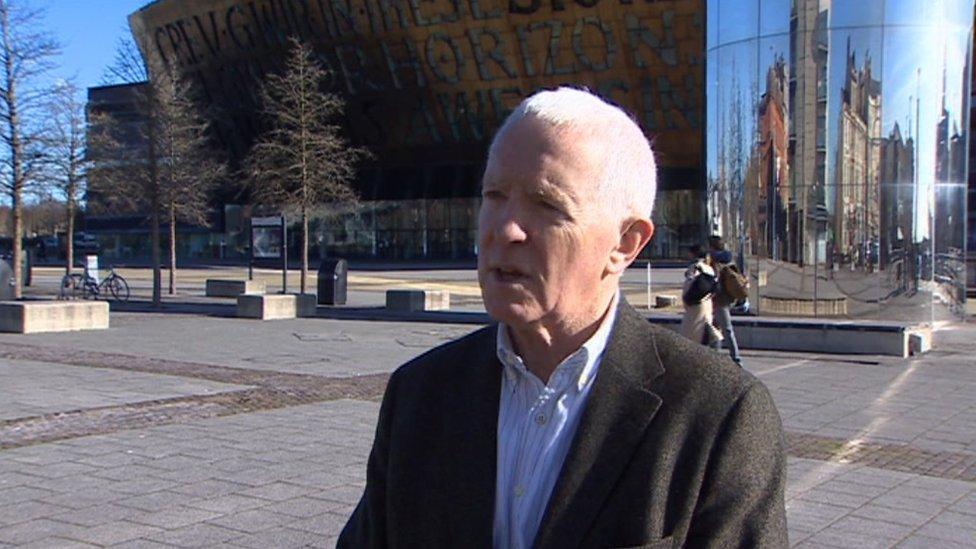
Geraint Talfan Davies: "Europe is better together than falling apart"
The chairman of the Wales Stronger in Europe campaign said it was "one of the saddest and most frustrating experiences" of his life.
"I think the country made a catastrophic mistake, but in many ways David Cameron will take quite a hammering from history," Mr Davies said.
"The ground hadn't been set for this campaign - we'd had decades of hostility to Europe from an overwhelmingly hostile London press.
"David Cameron had been very critical of Europe over some time and got relatively small pickings out of the renegotiations.
"He didn't have credibility when he suddenly turned round and started arguing the case for Europe."
Mr Davies added that the timing was "dreadful" for Wales coming so soon after the assembly election - "tired and exhausted" parties "didn't have the energy to come back into the fray for a second time".
The former BBC Wales controller said it was about 10 days before referendum polling day on 23 June that he felt things were not "shifting" the way of the Remain campaign.
"The climate on the street was not good," he said.
"There was a huge amount of negativism and, to be honest, I found when handing out leaflets quite a lot of overt racism, as if something had been let out of the box."
'Howl of pain'
Mr Davies accepted there had been an element of a vote against the establishment but he defended the pro-EU side's efforts.
"People say they have no time for experts any more - what do you do?
"Somehow you have to create a campaign that articulates the arguments and connects with people. These arguments did not connect in that climate.
"Many people have said that this was a howl of pain several years after the 2008 financial collapse - I think that is at the core of it.
"The economy stopped in its tracks - people felt left behind economically, in parts of the country, certainly here in south Wales.
"We've failed to find a proper economic answer since the collapse of the coal industry, and I think an excessive emphasis on austerity made people feel there was no hope.
"This was a protest against that."
Mr Davies revealed many of those who campaigned for a Remain vote in Wales would reconvene in the new year to launch a new campaign pressing the case for co-operation with the EU after Brexit.
"This is a terrifying time for the continent - and this is precisely the moment when governments ought to be coming together, not detaching themselves," he said.
"All of us who believe Europe is better together than falling apart, we've got to continue to make that case."
- Published22 December 2016
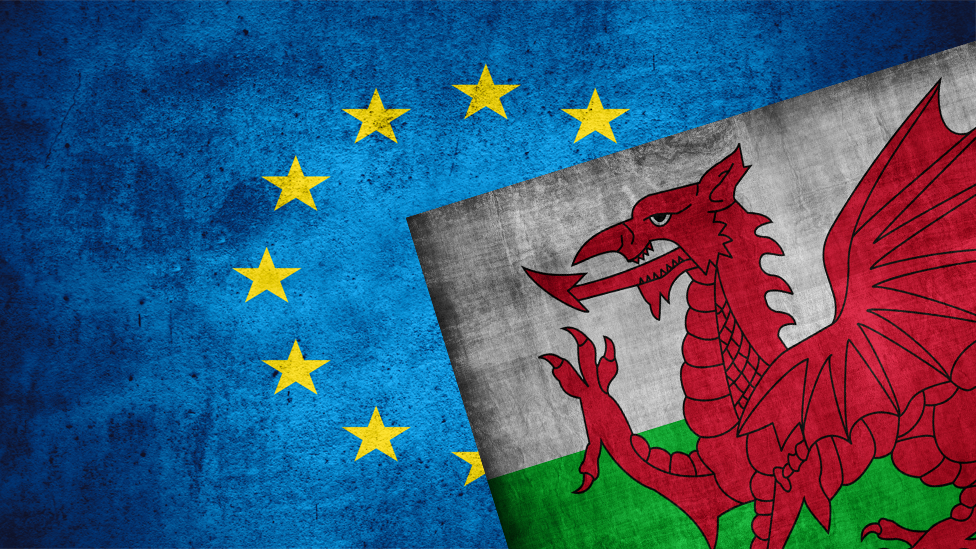
- Published14 November 2016
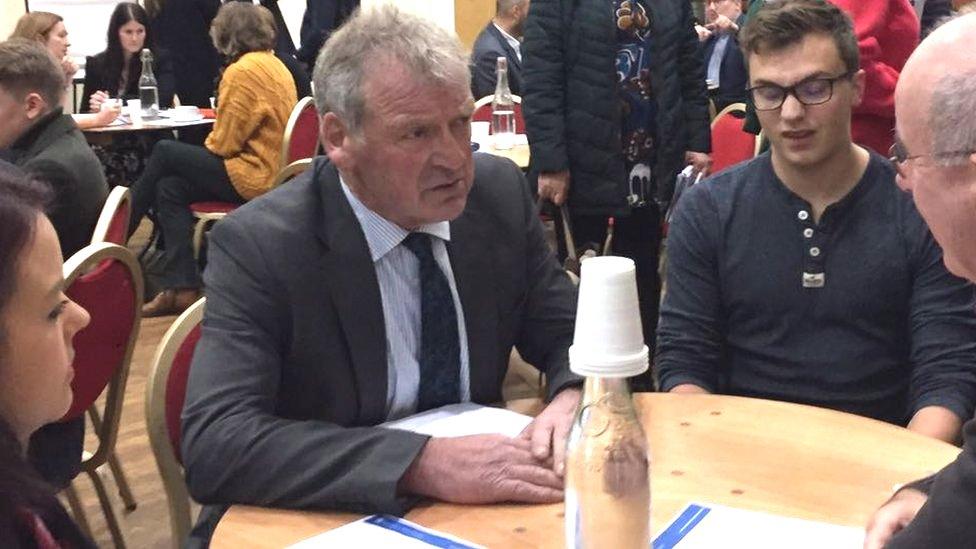
- Published29 July 2016
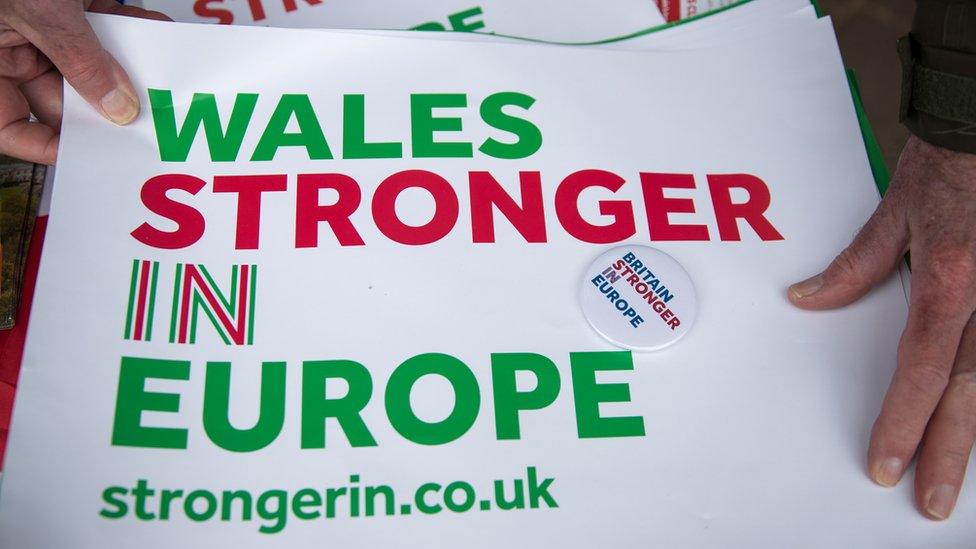
- Published11 July 2016
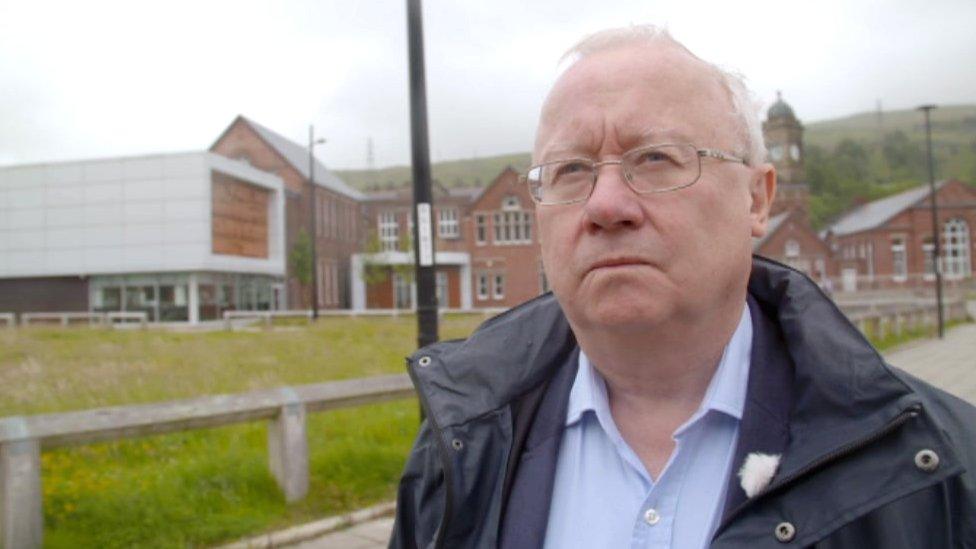
- Published25 June 2016
